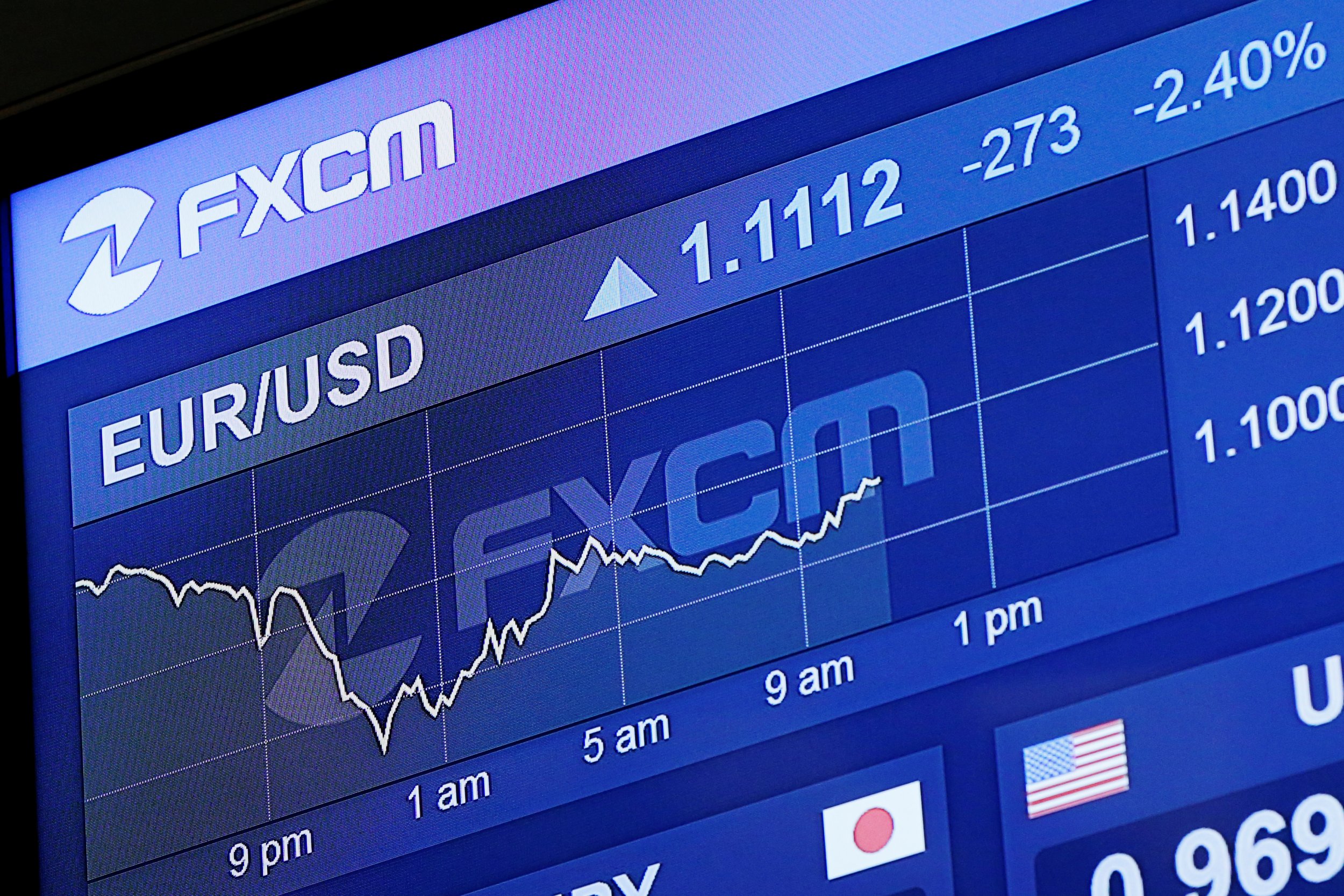
The shock to the system of the UK electorate having voted to leave the EU has had immediate political and financial repercussions. The prime minister has resigned and the pound, as George Soros and others had suggested it would, fell to levels against the dollar not seen for 30 years. Equities lost £200 billion ($270 billion) in early trading. And the UK and European market were left with no clarity on what comes next.
The shock is all the greater as the markets had relaxed in the last few days of the campaign. "Remain" seemed to be bouncing back in the polls after the MP Jo Cox's untimely and horrendous death. There was also a feeling that the economic arguments were gaining ground. Indeed, the pound had recovered and in fact risen very sharply on the days before the vote to the highest in six months. There had been a similar picture for stock markets, not only here but also internationally. But in the event the opinion polls and bookies' odds showing increased likelihood of a Remain vote were misleading.
Some recovery has occurred following the early morning statement by Mark Carney, the Governor of the Bank of England, promising to do everything in his power to guarantee financial stability. U.K. losses were trimmed up to a point, but most European markets suffered even bigger losses. The U.K. vote is clearly seen as having much wider repercussions—not just for Europe but also globally.
There is no doubt that any uncertainty is bad news for the economy and investment—mergers and acquisitions activity has fallen to a trickle and capital spending by businesses fell in the first quarter in the U.K. If this continues, growth this year will be much slower than what had been forecast before.
Even on an assumption of staying in, the majority of forecasts just before the referendum had downgraded growth to between 1.5 and 1.7 percent for the year as a whole. The expectation would have been to see a bounce back in the second half on a Remain vote but that has now been scuppered.
Instead, expect a downgrade of the U.K. by at least one or more rating agencies which might cause a downward revision of the forecasts and, after the political re-ordering takes place, an emergency budget by whoever is chancellor.
In the meantime, companies will vote with their money. Expect volatility while the Bank of England, with coordination from other central banks' attempts to stabilize foreign exchange markets, equities and bond yields. Companies will be asking for relaxation in the fiscal stance to counter negative impacts and a swift resolution to the trading agreements with Europe to restore confidence. They may get neither in a hurry. But beyond the short term there is no doubt that this momentous vote by the British people has fundamentally shaken the status quo, probably irrevocably.
Vicky Pryce is an economist and former joint head of the Government Economic Service and co-author with Andy Ross and Peter Urwin of It's the Economy, Stupid: Economics for Voters, Biteback Publishing.
Uncommon Knowledge
Newsweek is committed to challenging conventional wisdom and finding connections in the search for common ground.
Newsweek is committed to challenging conventional wisdom and finding connections in the search for common ground.
About the writer
To read how Newsweek uses AI as a newsroom tool, Click here.








